How We Ranked Our Top Online Colleges
This list features some of the best online colleges and universities across the country. Each school featured is a nonprofit, accredited institution, either public or private, with a high standard of academic quality for post-secondary institutions.
We evaluated each of these schools on tuition costs, admission, retention and graduation rates, faculty, reputation, and the resources provided for online students. Then we calculated the Intelligent Score on a scale of 0 to 100. Read more about our ranking methodology.
Next, we compared this comprehensive list of online colleges and universities to a list of aggregated college rankings from reputable publications like the U.S. News & World Report, among others, to simplify a student’s college search. We pored through these rankings so prospective students don’t have to.
Best Accredited Online Colleges That Might Interest You
Learn about start dates, transferring credits, availability of financial aid, and more by contacting the universities below.
America's Top College List
Filters- 1 Year MSW Online
- 1 Year MSW Online (No BSW)
- 1 Year PhD Online
- Accelerated MBA Online
- Accelerated Master's in Nursing
- Accelerated Online For Working Adults
- Accelerated Online Accounting
- Accelerated Online Associate
- Accelerated Online Bachelor in Business of 2025
- Accelerated Online Computer Science
- Accelerated Online Healthcare
- Accelerated Online Master's in Finance
- Accelerated Online Master’s in Human Resources
- Accelerated Online Master’s
- Accelerated Online Master’s in Human Resources
- Accelerated Online Master’s in Psychology
- Accelerated Online Master’s in Counseling
- Accelerated Online Nursing
- Accelerated Online Psychology
- Accelerated Social Work
- Accounting
- Accounting Certificate Degree Program
- Accredited Certificate Program
- Advanced Standing MSW Online
- Affordable Online Masters in Human Resources
- Artificial Intelligence Degree
- Artificial Intelligence Degree Online
- Associate in Business Administration
- Associate in Psychology
- Associates
- Auto Mechanic Schools
- Bachelor's in Christian Counseling
- Bachelor's in Public Relations and Image Management of 2025
- Bachelors and
- Bachelors in Health Science
- Bcba Masters Online
- Bible Colleges
- Business
- Business Administration
- Certificate
- Cheapest Accelerated Bachelors Degree Online
- Cheapest Bcba Online Program
- Cheapest Online Accounting
- Cheapest Online Associates Degree
- Cheapest Online Bachelor’s in Healthcare Administration
- Cheapest Online Business Degree
- Cheapest Online College
- Cheapest Online Data Science Masters
- Cheapest Online Doctorate in Education
- Cheapest Online Elementary Education
- Cheapest Online Finance Degree
- Cheapest Online Healthcare Management
- Cheapest Online Hospitality Management
- Cheapest Online Human Resources
- Cheapest Online MBA (No GMAT)
- Cheapest Online MSW
- Cheapest Online Master's in Healthcare Administration
- Cheapest Online Master's in Psychology
- Cheapest Online Master’s in Education
- Cheapest Online Mba
- Cheapest Online Psychology
- Child Development
- Child Development Degree Online
- Colleges With Study Abroad
- Colleges and Universities
- Colleges for Associate
- Communications
- Community Colleges
- Computer Programming
- Computer Science
- Construction Management
- Counseling
- Criminal Justice
- Culinary Schools
- Cyber Security
- Cybersecurity Associate
- Data Science Masters Online (No GRE)
- Dental Assistant
- Disability Friendly Colleges
- Doctorate in Education
- Doctorate in Psychology
- Early Childhood Education
- Early Childhood Education Degree Online
- Easiest Business
- Easiest Masters Online
- Easiest Nursing Schools to Get Into
- Easiest Online Associate
- Easiest Online Bachelor's
- Easiest Online RN-To-BSN
- Easiest PhD
- Electrical Engineering
- Emergency Management
- Engineering
- Fastest Master’s in Public Health
- Fastest Online Bachelor’s in Business Management
- Fastest Online Criminal Justice
- Fastest Online Engineering
- Fastest Online Finance
- Fastest Online HR
- Fastest Online Social Work
- Film
- Finance
- Fire Science
- Free Online Associates Degree
- Free Online Business
- Free Online Colleges
- Free Online Computer Science
- Free PhD Online
- Game Design
- Graphic Design
- HBCU Nursing
- HBCU Online Bachelor's in Hospitality Management of 2025
- HBCU Psychology of 2025
- HBCUs for Entrepreneurship of 2025
- HBCUs for Master’s in Social Work of 2025
- HBCUs for Psychology Master’s of 2025
- HBCUs for Public Relations of 2025
- Hardest Online Colleges To Get Into
- History
- Homeland Security
- Hospitality Management
- Human Resources
- Human Resources Certification
- Human Resources Certification Online
- Human Services
- Information Technology
- Interior Design
- International Business Degree Online
- Law
- Logistics
- MBA
- MBA No GMAT
- MBA in Entrepreneurship
- MBA in Finance
- MBA in Healthcare Management
- MBA in Human Resources
- MBA in International Business
- MBA in Marketing
- MBA in Nonprofit Management
- MBA in Project Management
- MBA in Sustainability
- MBA in information Technology
- MBA/MHA Dual
- MSW Dual of 2025
- Marketing
- Master of Science in Nursing (MSN)
- Master's
- Master's Degree in AI
- Master's in Adult Education / Learning
- Master's in Biomedical Engineering
- Master's in Business Law
- Master's in Child Development
- Master's in Civil Engineering
- Master's in Clinical Research
- Master's in Coaching
- Master's in Communications
- Master's in Computer Forensics
- Master's in Corrections
- Master's in Creative Writing
- Master's in Crime Scene Investigation
- Master's in Educational Technology
- Master's in Entertainment Management
- Master's in Entrepreneurship
- Master's in Film
- Master's in Forensic Science
- Master's in Hospitality Management
- Master's in Internet Security
- Master's in Law Enforcement Administration
- Master's in Management
- Master's in Mechanical Engineering
- Master's in Political Science
- Master's in Public Relations
- Master's in Public Safety Administration
- Master's in Reading And Literacy
- Master's in Real Estate
- Master's in Social Studies
- Master's in Taxation
- Master's in Teaching
- Master's in Training And Development
- Masters In Business Analytics Online
- Masters In Library Science Online (No GRE)
- Masters in Accounting
- Masters in Accounting Online
- Masters in Addictions And Recovery
- Masters in Assessment And Measurement
- Masters in Behavioral Psychology
- Masters in Biotechnology
- Masters in Christian Counseling
- Masters in Computer Engineering
- Masters in Computer Science
- Masters in Construction Management
- Masters in Counseling
- Masters in Criminology
- Masters in Curriculum And instruction
- Masters in Data Science
- Masters in Database Management
- Masters in Digital Marketing
- Masters in Economics
- Masters in Education
- Masters in Educational Psychology
- Masters in Electrical Engineering
- Masters in Elementary Education
- Masters in Engineering
- Masters in Engineering Management
- Masters in English Language Learning
- Masters in Environmental Management
- Masters in Finance
- Masters in Forensic Psychology
- Masters in Gerontology
- Masters in Gifted And Talented Education
- Masters in Graphic Design
- Masters in Health Education
- Masters in Health Services
- Masters in Health informatics
- Masters in Healthcare Administration
- Masters in Higher Education
- Masters in History
- Masters in Homeland Security
- Masters in Human And Family Development
- Masters in Human Resources
- Masters in Human Services
- Masters in Information Systems
- Masters in Interior Design
- Masters in Journalism
- Masters in K-12 Education
- Masters in Legal Studies
- Masters in Liberal Arts
- Masters in Library Science
- Masters in Math Education
- Masters in Media Communications
- Masters in Ministry
- Masters in Music
- Masters in Music Education
- Masters in Negotiation And Conflict Management
- Masters in Nutrition
- Masters in Organizational Leadership
- Masters in Organizational Management
- Masters in Organizational Psychology
- Masters in Project Management
- Masters in Psychology
- Masters in Public Administration
- Masters in Public Administration Online
- Masters in Public Health
- Masters in Public Health Online
- Masters in Public Policy
- Masters in School Counseling
- Masters in Science Education
- Masters in Secondary Education
- Masters in Security
- Masters in Social Work (MSW)
- Masters in Sociology
- Masters in Software Engineering
- Masters in Special Education
- Masters in Sports Management
- Masters in Theology
- Masters in Web Development
- Masters in industrial Engineering
- Master’s in Criminal Justice
- Master’s in Supply Chain Management
- Master’s in Business Analytics
- Master’s in Criminal Justice
- Master’s in Early Childhood Education
- Master’s in Education Administration
- Master’s in Emergency Management
- Master’s in Sports Medicine
- Master’s in Supply Chain Management
- Medical Billing and Coding
- Medical Coding Certificate
- Most Affordable BCBA
- Most Affordable Bachelors in Theology
- Most Affordable Colleges
- Most Affordable Masters
- Most Affordable Online Bachelor's in Child and Human Development of 2026
- Most Affordable Online Bachelor's in Child and Human Development of 2027
- Most Affordable Online Bachelor's in Child and Human Development of 2029
- Most Affordable Online Bachelor's in Child and Human Development of 2030
- Most Affordable Online Bachelor's in Child and Human Development of 2031
- Most Affordable Online Bachelor's in Child and Human Development of 2032
- Most Affordable Online Bachelor's in Child and Human Development of 2033
- Most Affordable Online Bachelor's in Child and Human Development of 2034
- Most Affordable Online Bachelor's in Child and Human Development of 2035
- Most Affordable Online Bachelors in Computer Science
- Most Affordable Online Bachelors in Early Childhood Education
- Most Affordable Online Bachelors in Finance
- Most Affordable Online Bachelors in Health Science
- Most Affordable Online Bachelor’s in Psychology
- Most Affordable Online Business Administration
- Most Affordable Online Communication
- Most Affordable Online Community Colleges
- Most Affordable Online Computer Programming
- Most Affordable Online Criminal Justice
- Most Affordable Online Law
- Most Affordable Online MPH
- Most Affordable Online Master of Science in Nursing (MSN)
- Most Affordable Online Master's in Counseling
- Most Affordable Online Masters
- Most Affordable Online Masters In Library Science
- Most Affordable Online Masters in Accounting
- Most Affordable Online Masters in Educational Leadership
- Most Affordable Online Masters in Special Education
- Most Affordable Online Master’s in Human Resources
- Most Affordable Online Mathematics
- Most Affordable Online Nurse Practitioner
- Most Affordable Online Nursing
- Most Affordable Online RN to BSN
- Most Affordable Real Estate
- Most Beautiful Campuses
- Most Popular Online Bachelor's in Business of 2024
- Most Popular Online MBA
- Most Popular Online Social Work of 2025
- No GRE Online MSW
- Nurse Practitioner
- Nursing
- Nursing Schools With No Entrance Exam
- Nutrition
- One Year Mba Online
- One Year Online MBA (No GMAT)
- One-Year Master’s in Education
- One-Year Online Executive MBA (EMBA)
- One-Year Online MPH
- One-Year Online Master’s
- One-Year Online Master’s in Education
- One-Year Online Nursing
- One-Year Online Psychology Master’s
- Online
- Online For Seniors
- Online For Working Adults
- Online for International Students
- Online for Moms, Dads, and Caregivers
- Online Accelerated Biology
- Online Accelerated Construction Management
- Online Accelerated Cybersecurity
- Online Accelerated Marketing
- Online Accelerated RN-to-BSN
- Online Accounting Certificate
- Online Accounting Degree
- Online Associate
- Online Associate in Real Estate of 2025
- Online Associate in Accounting
- Online Associate in Administrative Assistant of 2025
- Online Associate in Child Development
- Online Associate in Communications
- Online Associate in Computer Programming
- Online Associate in Computer Science
- Online Associate in Criminal Justice
- Online Associate in Early Childhood Education
- Online Associate in Engineering (AES)
- Online Associate in Entrepreneurship of 2025
- Online Associate in Finance
- Online Associate in Fire Science
- Online Associate in General Studies
- Online Associate in Health Information Technology
- Online Associate in Health Science
- Online Associate in Healthcare Administration
- Online Associate in Hospitality Management
- Online Associate in Human Resources
- Online Associate in Human Services
- Online Associate in Information Technology and Systems
- Online Associate in Liberal Arts
- Online Associate in Logistics
- Online Associate in Marketing
- Online Associate in Medical Assisting
- Online Associate in Medical Billing and Coding of 2025
- Online Associate in Medical Office Administration
- Online Associate in Office Administration
- Online Associate in Physical Therapy Assistant
- Online Associate in Vet Tech
- Online Associate in Web Development
- Online Associates in Psychology
- Online Bachelor of Health Science
- Online Bachelor's in Actuarial Science of 2025
- Online Bachelor's in Applied Psychology of 2025
- Online Bachelor's in Behavioral Psychology
- Online Bachelor's in Business Statistics of 2025
- Online Bachelor's in Business Teacher Education of 2025
- Online Bachelor's in Child and Adolescent Psychology of 2025
- Online Bachelor's in Clinical Psychology of 2025
- Online Bachelor's in Counseling
- Online Bachelor's in Human and Family Development of 2025
- Online Bachelor's in Internet Marketing
- Online Bachelor's in Law Enforcement
- Online Bachelor's in Mental Health Counseling
- Online Bachelor's in Nonprofit Management of 2025
- Online Bachelor's in Organizational Psychology of 2025
- Online Bachelor's in Public Administration
- Online Bachelor's in Public Relations of 2025
- Online Bachelor's in Retail and Sales Management of 2025
- Online Bachelors
- Online Bachelors in Aeronautics and Aviation
- Online Bachelors in Anthropology
- Online Bachelors in Art and Art History
- Online Bachelors in Biology
- Online Bachelors in Business Management
- Online Bachelors in Christian Counseling
- Online Bachelors in Computer Forensics
- Online Bachelors in Criminology
- Online Bachelors in Economics
- Online Bachelors in Education
- Online Bachelors in Elementary Education
- Online Bachelors in English
- Online Bachelors in Entrepreneurship
- Online Bachelors in Environmental Science
- Online Bachelors in Exercise Science
- Online Bachelors in Fashion
- Online Bachelors in Forensic Accounting
- Online Bachelors in Forensic Psychology
- Online Bachelors in Forensic Science and Crime Scene Investigation
- Online Bachelors in General Studies
- Online Bachelors in Health Informatics Program
- Online Bachelors in Healthcare Administration
- Online Bachelors in Healthcare Management
- Online Bachelors in Hotel and Restaurant Management
- Online Bachelors in Information Systems Security
- Online Bachelors in International Business
- Online Bachelors in Journalism
- Online Bachelors in Kinesiology
- Online Bachelors in Legal Studies
- Online Bachelors in Liberal Arts
- Online Bachelors in Library Science
- Online Bachelors in Management Information Systems
- Online Bachelors in Math Education
- Online Bachelors in Ministry
- Online Bachelors in Music
- Online Bachelors in Network Administration
- Online Bachelors in Nutritional Sciences
- Online Bachelors in Organizational Leadership
- Online Bachelors in Paralegal Studies
- Online Bachelors in Philosophy
- Online Bachelors in Physical Education
- Online Bachelors in Political Science
- Online Bachelors in Public Health
- Online Bachelors in Radiology Technology
- Online Bachelors in Real Estate
- Online Bachelors in Risk Management
- Online Bachelors in Science Education
- Online Bachelors in Sociology
- Online Bachelors in Special Education
- Online Bachelors in Sustainability
- Online Bachelors in Web Design
- Online Bachelors in Web Development
- Online Bachelors in Writing
- Online Bachelor’s in Psychology
- Online Bible College
- Online Business
- Online Business Administration
- Online Business Administration Associate
- Online Certificate Degree
- Online Certificate in Dental Assistance
- Online Certificate in Medical Billing and Coding
- Online Certificate in Medical Office Administration
- Online Certificate in Sonography
- Online Certificate in Technology
- Online Certificate in Web Design and Development
- Online Christian Colleges
- Online Colleges for Women
- Online Colleges for Working Adults
- Online Colleges with Lowest Out-of-State Tuition
- Online Colleges with Open Admissions
- Online Communications Degree
- Online Community Colleges & Trade Schools
- Online Computer Programming
- Online Computer Science Degree
- Online Construction Management
- Online Counseling
- Online Cyber Security
- Online Dental Assistant
- Online Doctorate in Accounting
- Online Doctorate in Business Administration
- Online Doctorate in Curriculum and Instruction
- Online Doctorate in Education
- Online Doctorate in Educational Administration
- Online Doctorate in Family Counseling of 2025
- Online Doctorate in Higher Education
- Online Doctorate in Human Resources of 2025
- Online Doctorate in Marketing of 2025
- Online Doctorate in Occupational Therapy
- Online Doctorate in Physical Therapy
- Online Doctorate in Public Administration
- Online Doctorate in Public Health
- Online Doctorate in School Counseling
- Online Doctorate in Social Work
- Online Doctorate in Special Education
- Online Electrical Engineering Degree Program
- Online Emergency Management Degree Program
- Online Engineering Degree
- Online Film
- Online Finance
- Online Fire Science
- Online Game Design Schools
- Online Graduate Certificate in Elementary Education
- Online Graduate Certificate in Finance
- Online Graduate Certificate in Human Resources
- Online Graduate Certificate in Marketing of 2025
- Online Graduate Certificate in Nursing
- Online Graphic Design Degree
- Online HBCU Nursing
- Online HBCUs (Historically Black Colleges and Universities)
- Online History Degree
- Online Homeland Security
- Online Hospitality Management
- Online Human Resources
- Online Human Services
- Online Information Technology
- Online Interior Design
- Online Law Degree
- Online Logistics
- Online MBA
- Online MBA Finance
- Online MBA Healthcare Management
- Online MBA No GMAT
- Online MBA Sustainability
- Online MBA in Entrepreneurship
- Online MBA in Human Resources
- Online MBA in Information Systems Management
- Online MBA in Marketing
- Online MBA in Nonprofit Management
- Online MBA in Project Management
- Online MBA in Supply Chain Management
- Online MBA in information Technology
- Online MBA in international Business
- Online MBA/MPA Dual
- Online MPH (No GRE)
- Online MSN programs
- Online Marketing Degree
- Online Master's That Don't Require GRE
- Online Master's Degree in AI
- Online Master's in Child and Adolescent Psychology
- Online Master's in Communications
- Online Masters
- Online Masters In Computer Science
- Online Masters In Finance
- Online Masters in Addictions And Recovery
- Online Masters in Adult Education/Learning
- Online Masters in Art and Art History
- Online Masters in Art and Art History Program
- Online Masters in Assessment And Measurement
- Online Masters in Behavioral Psychology
- Online Masters in Biomedical Engineering
- Online Masters in Biotechnology
- Online Masters in Business Law
- Online Masters in Child Development
- Online Masters in Christian Counseling
- Online Masters in Civil Engineering
- Online Masters in Clinical Research
- Online Masters in Coaching Degree
- Online Masters in Computer Engineering
- Online Masters in Computer Forensics
- Online Masters in Construction Management
- Online Masters in Corrections
- Online Masters in Counseling
- Online Masters in Creative Writing
- Online Masters in Crime Scene investigation
- Online Masters in Criminal Justice
- Online Masters in Criminology
- Online Masters in Curriculum And instruction
- Online Masters in Cybersecurity
- Online Masters in Data Science
- Online Masters in Database Management
- Online Masters in Digital Marketing
- Online Masters in Early Childhood Education
- Online Masters in Economics
- Online Masters in Education
- Online Masters in Education Administration
- Online Masters in Educational Leadership
- Online Masters in Educational Psychology
- Online Masters in Educational Technology
- Online Masters in Electrical Engineering
- Online Masters in Elementary Education
- Online Masters in Emergency Management
- Online Masters in Engineering
- Online Masters in Engineering Management
- Online Masters in English
- Online Masters in English Learning Language
- Online Masters in Entertainment Management
- Online Masters in Entrepreneurship
- Online Masters in Environmental Management
- Online Masters in Film
- Online Masters in Forensic Accounting
- Online Masters in Forensic Psychology
- Online Masters in Forensic Science
- Online Masters in Gerontology
- Online Masters in Gifted And Talented Education
- Online Masters in Graphic Design
- Online Masters in Health Education
- Online Masters in Health Science
- Online Masters in Health Services
- Online Masters in Health informatics
- Online Masters in Healthcare Administration
- Online Masters in Higher Education
- Online Masters in Homeland Security
- Online Masters in Hospitality Management
- Online Masters in Human And Family Development
- Online Masters in Human Services
- Online Masters in Information Systems
- Online Masters in Information Systems Security
- Online Masters in Internet Security
- Online Masters in Journalism
- Online Masters in K-12 Education
- Online Masters in Law Enforcement Administration
- Online Masters in Legal Studies
- Online Masters in Liberal Arts
- Online Masters in Library Science
- Online Masters in Management
- Online Masters in Marriage and Family Therapy
- Online Masters in Math Education
- Online Masters in Mechanical Engineering
- Online Masters in Media Communications
- Online Masters in Ministry Degree Program
- Online Masters in Music
- Online Masters in Negotiation And Conflict Management
- Online Masters in Nursing Administration
- Online Masters in Nutrition
- Online Masters in Online Teaching
- Online Masters in Organizational Leadership
- Online Masters in Organizational Management
- Online Masters in Organizational Psychology
- Online Masters in Political Science
- Online Masters in Project Management
- Online Masters in Psychology
- Online Masters in Public Policy
- Online Masters in Public Relations
- Online Masters in Public Safety Administration
- Online Masters in Reading And Literacy
- Online Masters in Real Estate
- Online Masters in School Counseling
- Online Masters in Science Education
- Online Masters in Secondary Education
- Online Masters in Security
- Online Masters in Social Studies
- Online Masters in Social Work
- Online Masters in Sociology
- Online Masters in Software Engineering
- Online Masters in Special Education
- Online Masters in Sports Management
- Online Masters in Sports Medicine
- Online Masters in Supply Chain Management
- Online Masters in Taxation
- Online Masters in Theology
- Online Masters in Training and Development
- Online Masters in Web Development
- Online Masters in industrial Engineering
- Online Masters in interior Design
- Online Master’s in Public Relations and Image Management of 2025
- Online Master’s in Accounting With No GMAT of 2025
- Online Master’s in Business Teacher Education of 2025
- Online Master’s in Clinical, Counseling, and Applied Psychology of 2025
- Online Master’s in Clinical, Counseling, and Applied Psychology of 2026
- Online Master’s in Clinical, Counseling, and Applied Psychology of 2027
- Online Master’s in Clinical, Counseling, and Applied Psychology of 2028
- Online Master’s in Clinical, Counseling, and Applied Psychology of 2029
- Online Master’s in Clinical, Counseling, and Applied Psychology of 2030
- Online Master’s in Education (No GRE)
- Online Master’s in Mental Health Counseling of 2025
- Online Master’s in Psychology (No GRE)
- Online Master’s in Public Relations and Image Management of 2025
- Online Medical Coding Schools
- Online Military Friendly Colleges
- Online Nurse Practitioner
- Online Nurse Practitioner Masters
- Online Nurse Practitioner Program
- Online Nursing
- Online Nursing for Non-Nurses
- Online Nutrition Degree
- Online PHD in Applied Behavior Analysis of 2025
- Online Paralegal Associate
- Online Ph.D. in Psychology
- Online Pharmacy Technician Training
- Online Phd
- Online Photography
- Online Physician Assistant
- Online Physician Assistant Masters
- Online Probation Officer
- Online Project Management Degree
- Online Psychology
- Online RN-To-BSN without Clinicals
- Online Real Estate
- Online Real Estate MBA
- Online Respiratory Therapy
- Online Schools For Artificial Intelligence
- Online Schools with Accelerated Bachelors
- Online Small Business Management
- Online Social Work
- Online Software Engineer
- Online Sports Management Degree
- Online Sports Medicine
- Online Substance Abuse Counseling
- Online Supply Chain Management
- Online Veterinary
- Paralegal Certificate
- Paralegal Certificate Online
- PhD
- Photography
- Physician Assistant
- Probation Officer
- Project Management
- Quickest Online Bachelor
- RHIT Online Degree
- RN to BSN
- RN to BSN Online
- Registered Health Information Technician
- Respiratory Therapy
- Schools for Video Game Design
- Self Paced Online Colleges
- Self-Paced Online RN-to-BSN
- Shortest Online RN-to-MSN
- Small Business Management
- Small Colleges
- Social Work
- Software Engineering Degree Program
- Sports Management
- Sports Medicine
- Supply Chain Management
- Test-Optional Colleges
- Three-Year Psychology (PsyD)
- Top Accelerated Nurse Practitioner
- Top Colleges With Rolling Admission
- Top Direct-Entry Nurse Practitioner
- Top HBCU Medical Schools
- Top HBCU Online MBA
- Top One-Year Online MHA
- Top One-Year Online MSN
- Top Online Criminal Justice
- Top Online Doctorate In Organizational Leadership
- Top Online Doctorate in Educational Leadership
- Top Online Doctorate in Healthcare Administration
- Top Online MBAs in Business Analytics of 2025
- Top RN-to-DNP
- Top Six-Month RN-to-BSN
- Tuition-Free Colleges
- Two-Year Online Agriculture
- Two-Year Online Computer Science
- Urban Colleges In America
- Veterinary
Institution Type
Status
- Intelligent Awards
- Alphabetically By University Name
- Acceptance Rate
- Enrollment
- In-state Graduate Tuition
- Out-of-state Graduate Tuition
- In-state Undergraduate Tuition
- Out-of-state Undergraduate Tuition
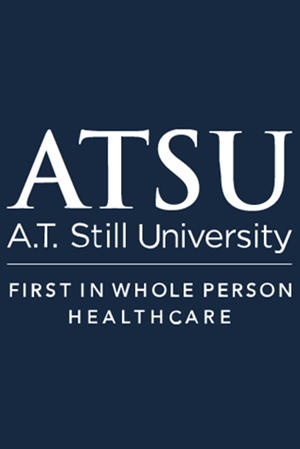
In-state: NA
Out-of-state: NA
In-state: $60,679
Out-of-state: $60,679
SAT: 122 - 131
ACT: N/A
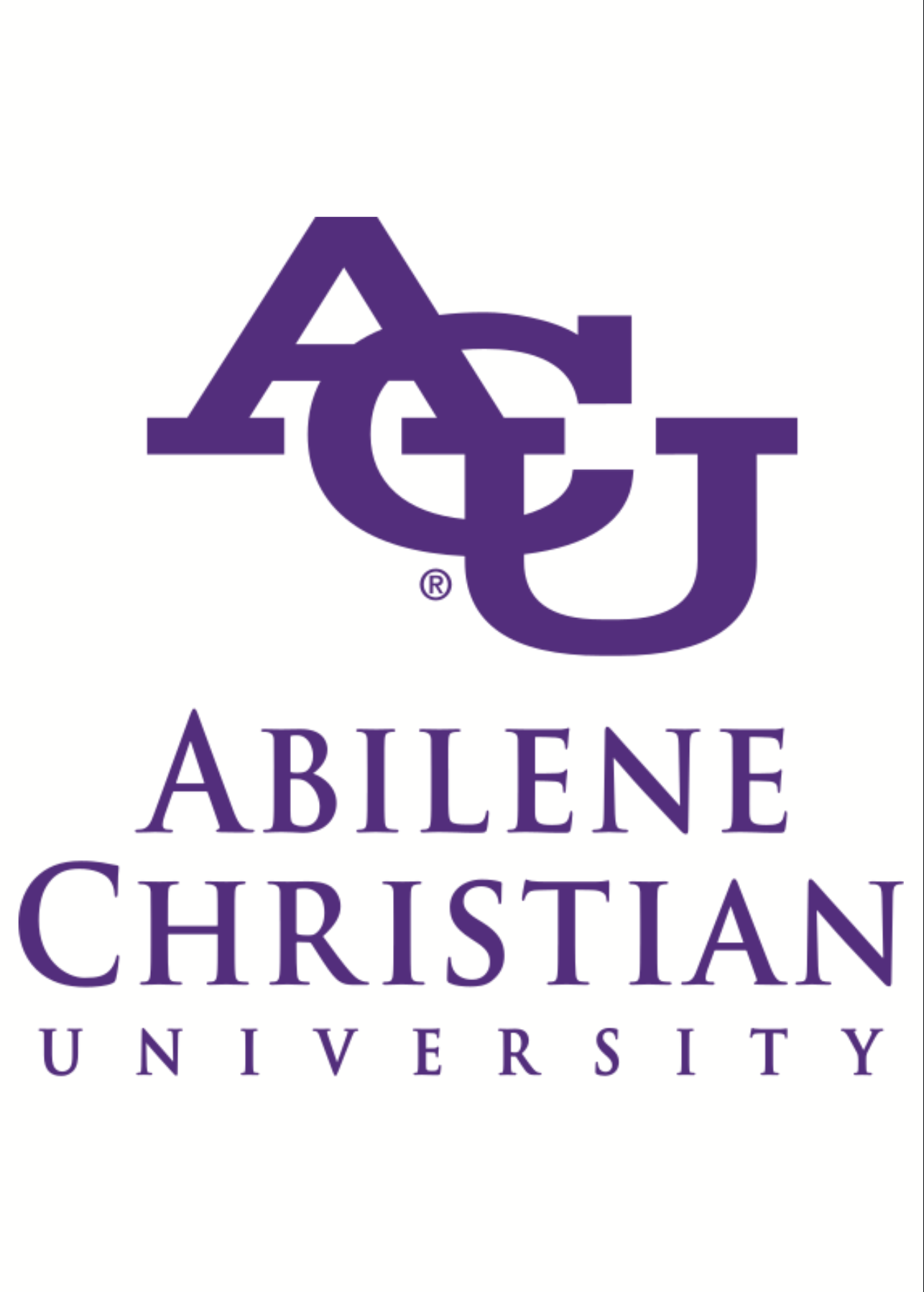
Abilene Christian University
In-state: $37,750
Out-of-state: $37,750
In-state: $23,238
Out-of-state: $23,238
SAT: 1010-1220
ACT: 21-27
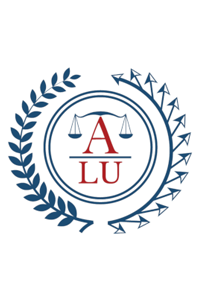
In-state: $49,800
Out-of-state: $49,800
In-state: $19,800
Out-of-state: $19,800
SAT: N/A
ACT: N/A
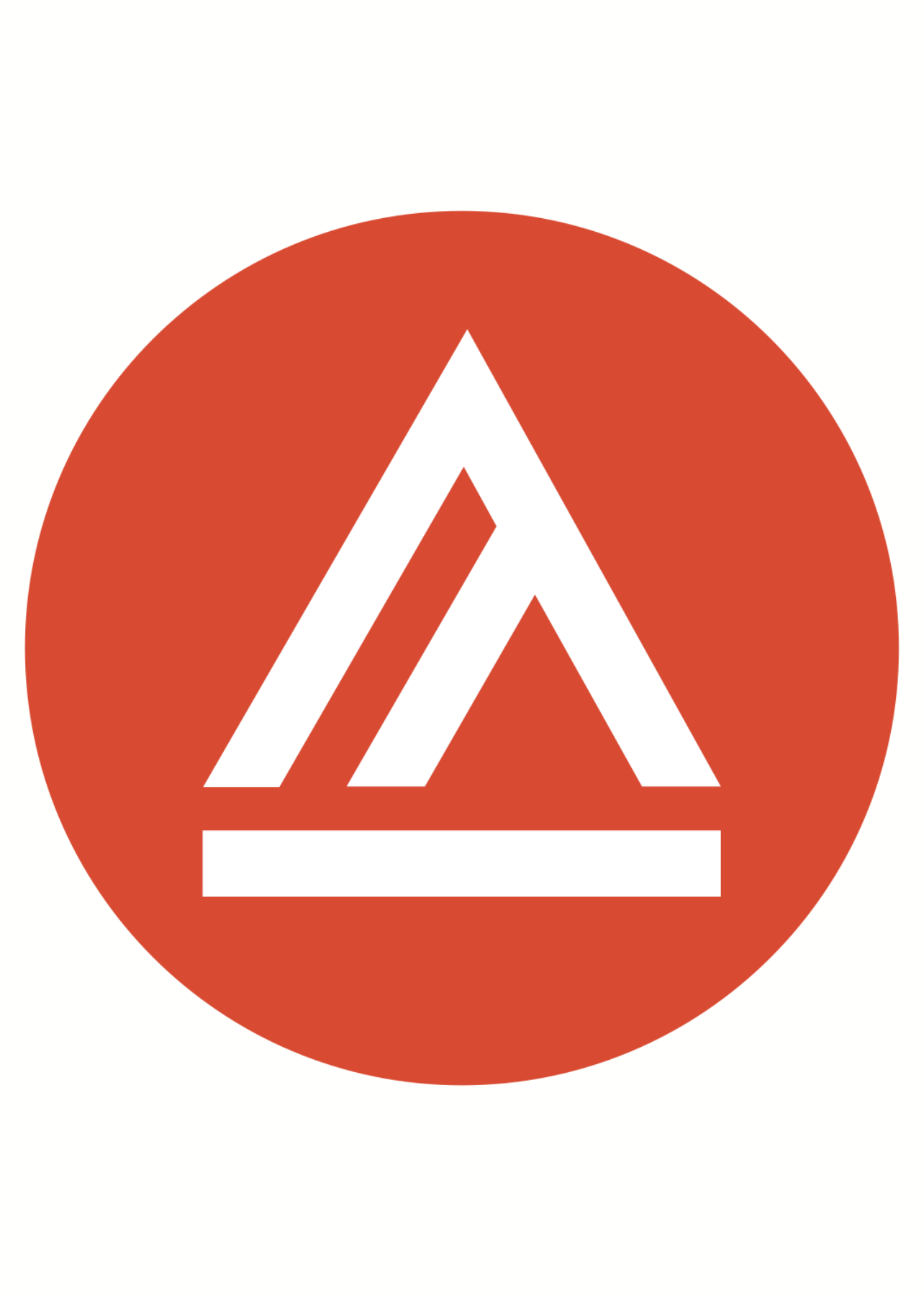
Academy of Art University
In-state: $24,264
Out-of-state: $24,264
In-state: $27,288
Out-of-state: $27,288
SAT: N/A
ACT: N/A
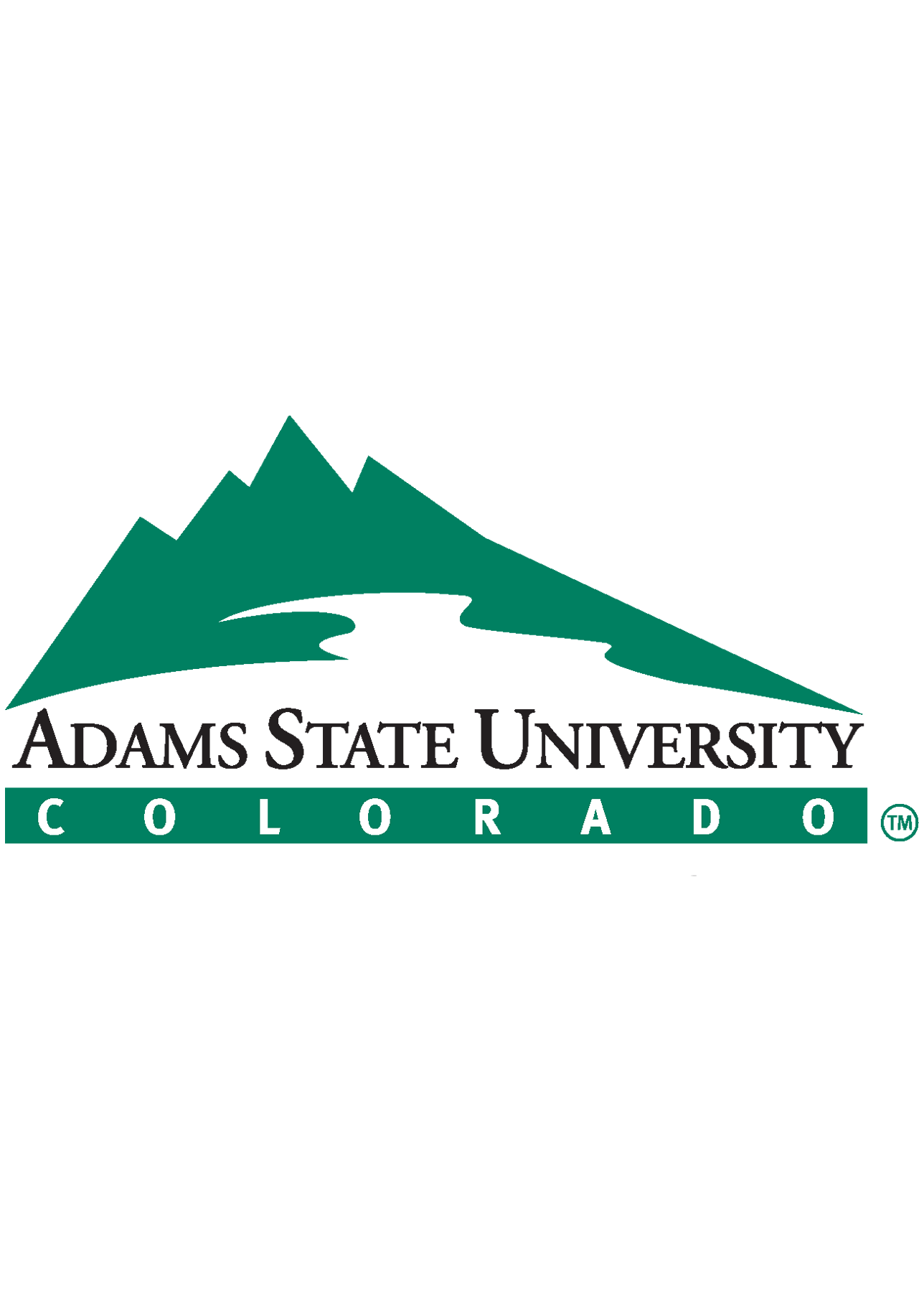
In-state: $5,856
Out-of-state: $17,592
In-state: $7,830
Out-of-state: $7,830
SAT: 890-1090
ACT: 17-22
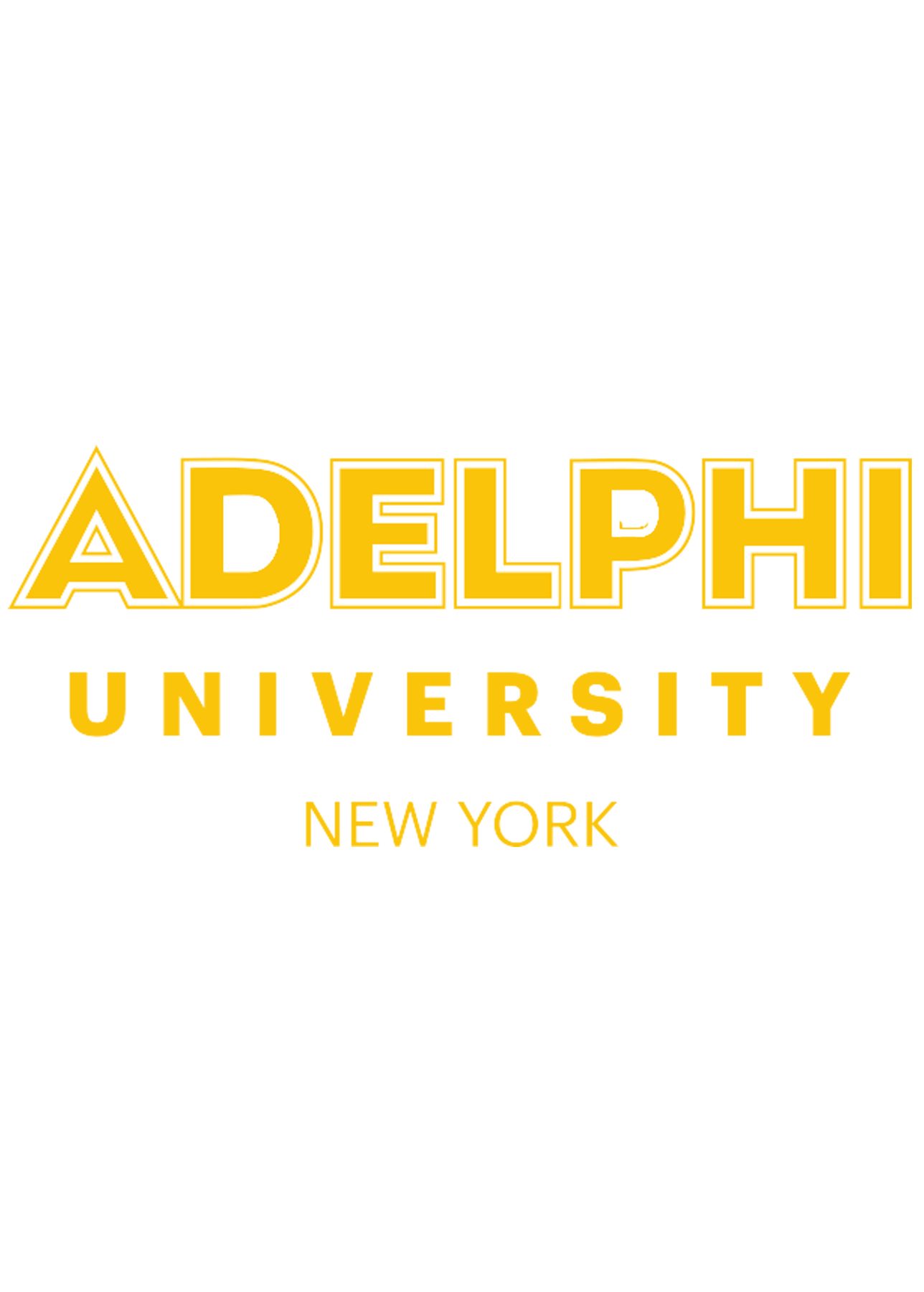
In-state: $39,820
Out-of-state: $39,820
In-state: $42,450
Out-of-state: $42,450
SAT: 1060-1250
ACT: 21-27

In-state: $16,740
Out-of-state: $16,740
In-state: $41,930
Out-of-state: $41,930
SAT: Not Required
ACT: Not Required
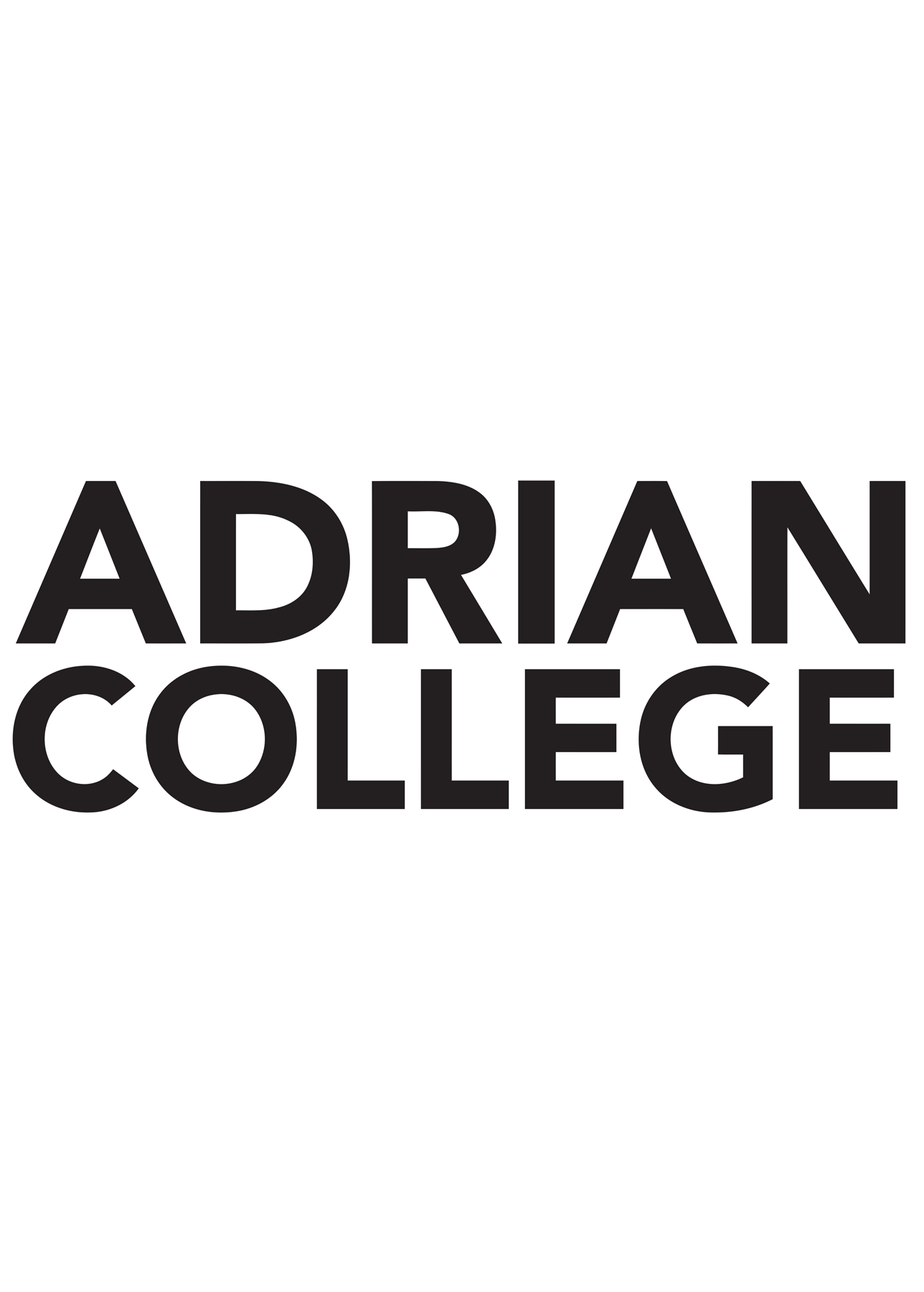
In-state: $37,755
Out-of-state: $37,755
In-state: $18,600
Out-of-state: $18,600
SAT: 927-1120
ACT: 19-25
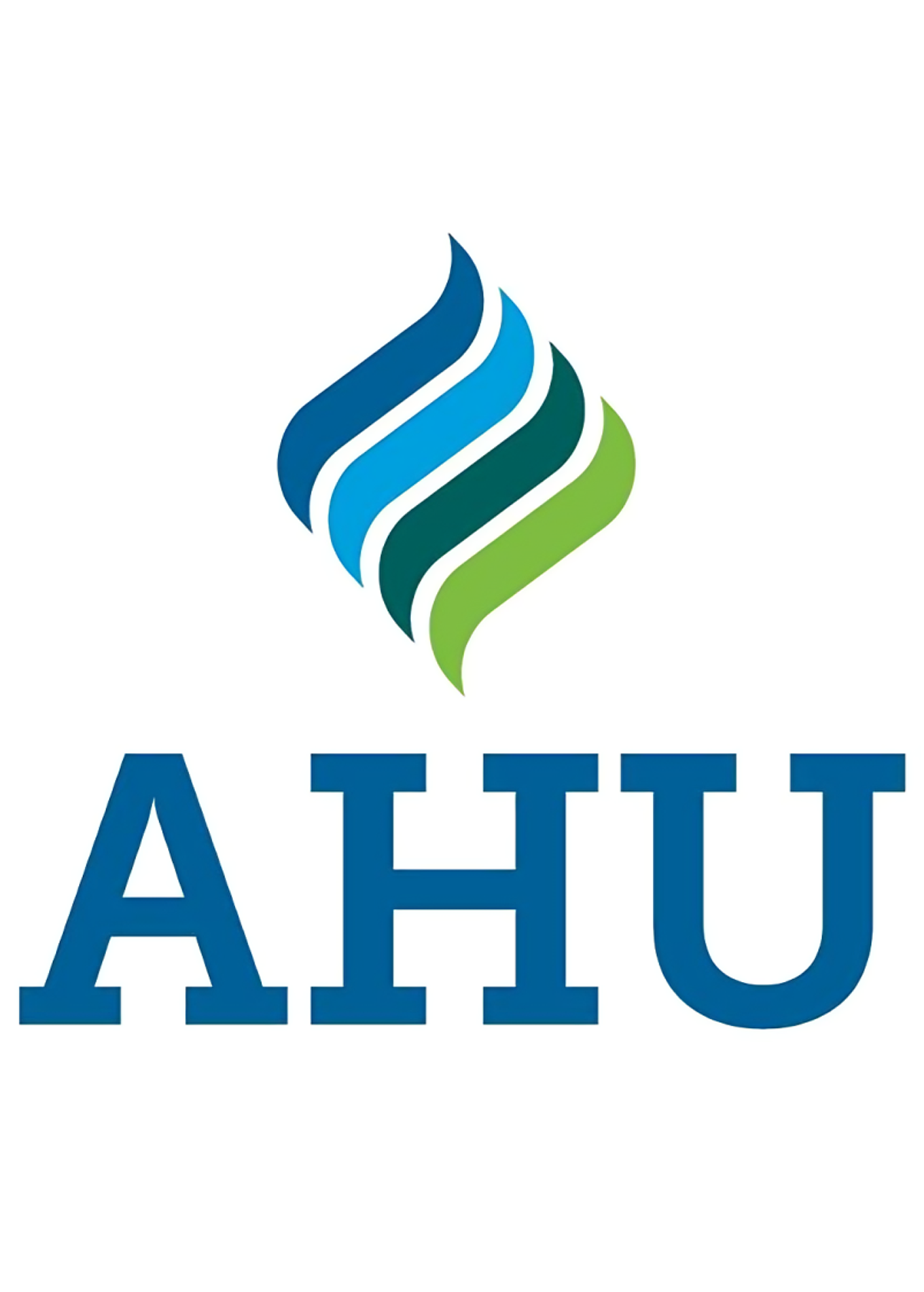
In-state: $18,900
Out-of-state: $18,900
In-state: $24,275
Out-of-state: $24,275
SAT: 1010-1140
ACT: 21-24
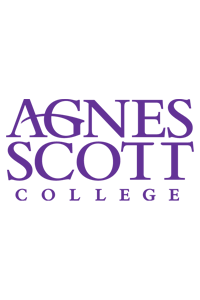
In-state: $62,448
Out-of-state: $62,448
In-state: $57,695
Out-of-state: $57,695
SAT: 1130-1350
ACT: 24-31
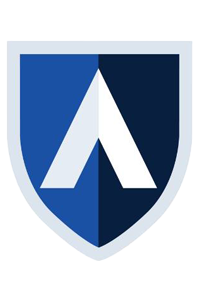
In-state: $18,156
Out-of-state: $19,730
In-state: NA
Out-of-state: NA
SAT: 500 or higher
ACT: 22 or higher
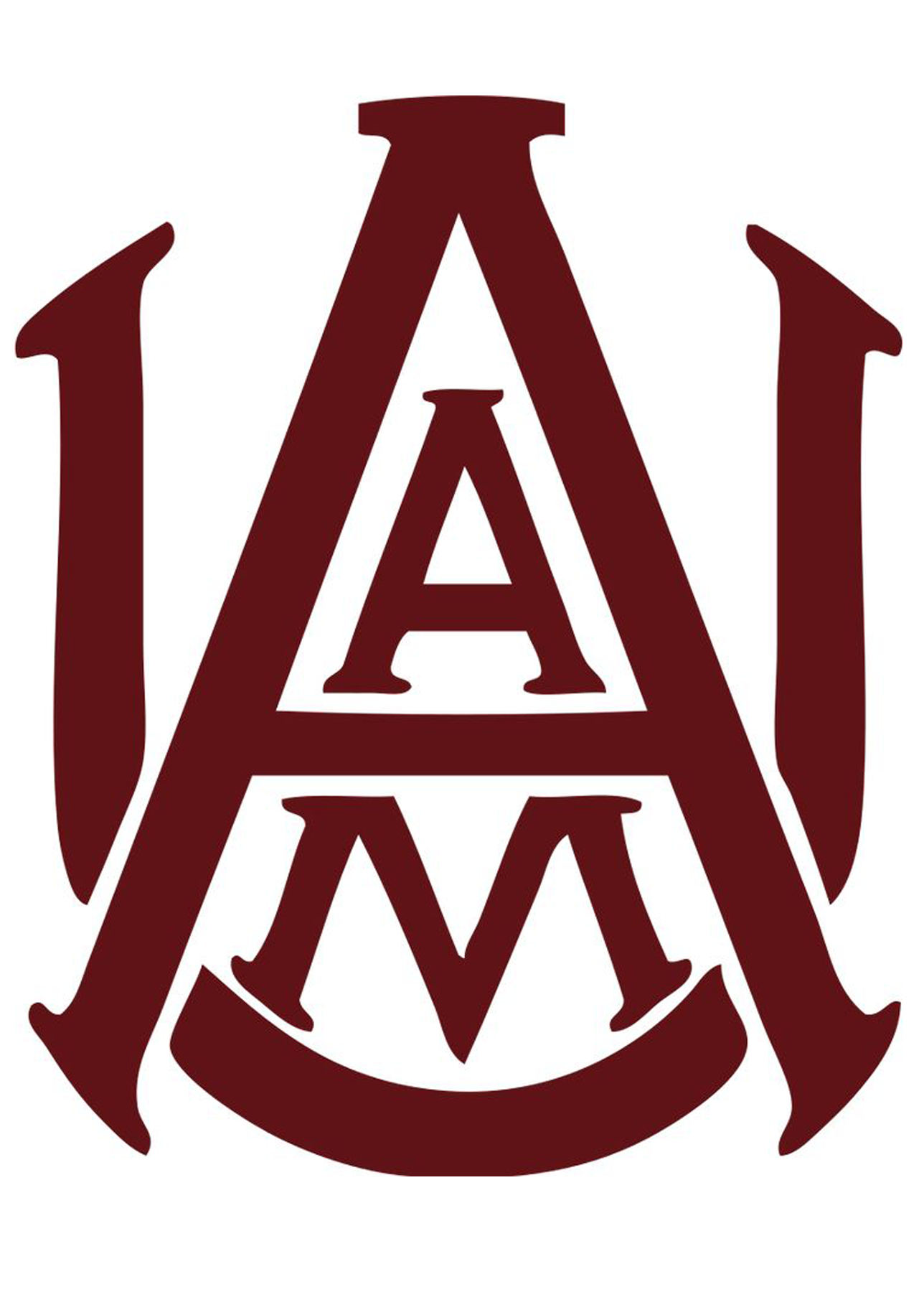
In-state: $8,610
Out-of-state: $17,220
In-state: $10,128
Out-of-state: $10,128
SAT: 840-1020
ACT: 15-20
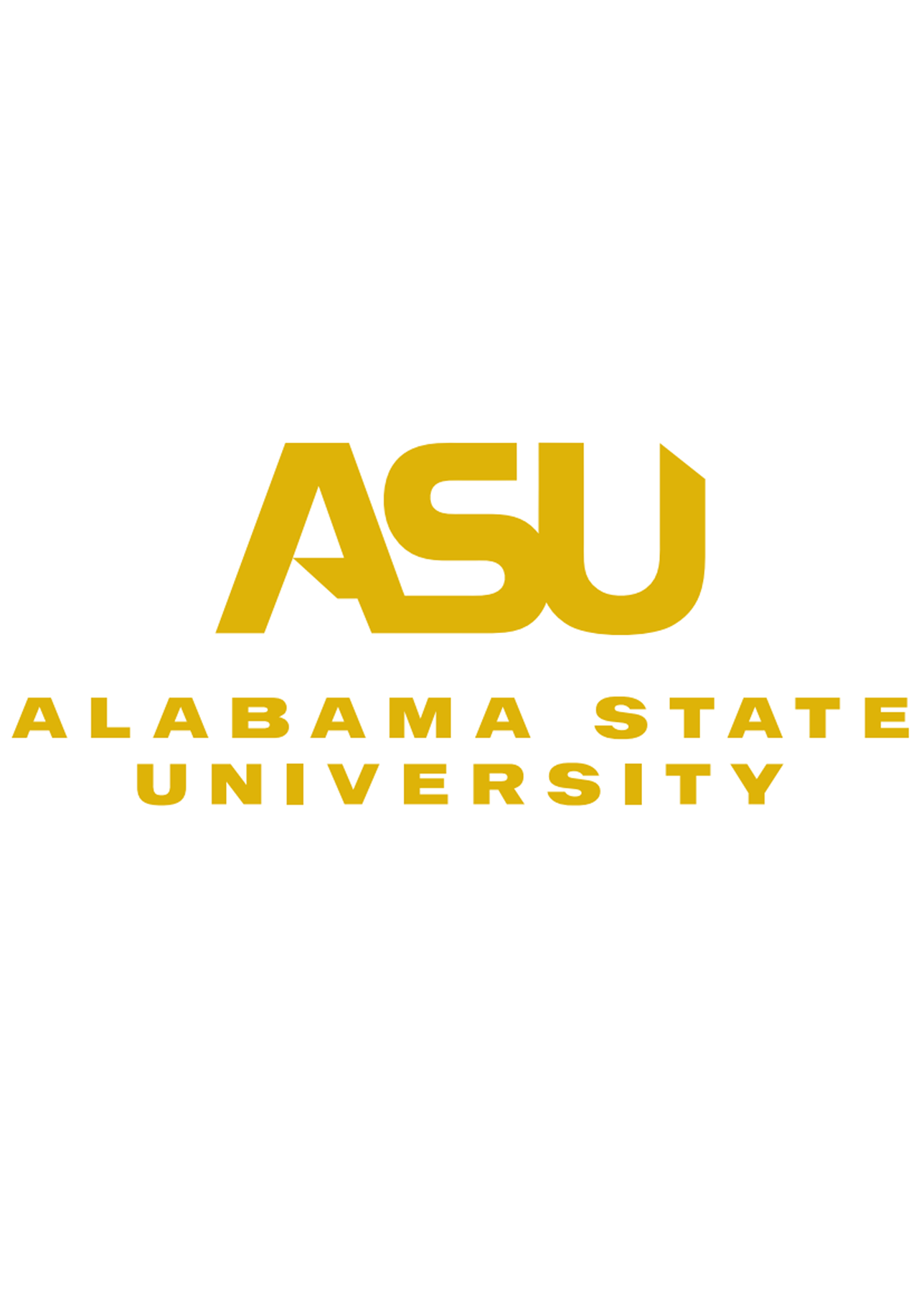
In-state: $8,328
Out-of-state: $16,656
In-state: $7,416
Out-of-state: $7,416
SAT: 844-1049
ACT: 14-20
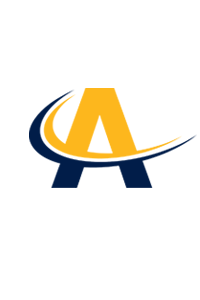
In-state: $33,262
Out-of-state: $39,406
In-state: NA
Out-of-state: NA
SAT: 500 or higher
ACT: 18 or higher
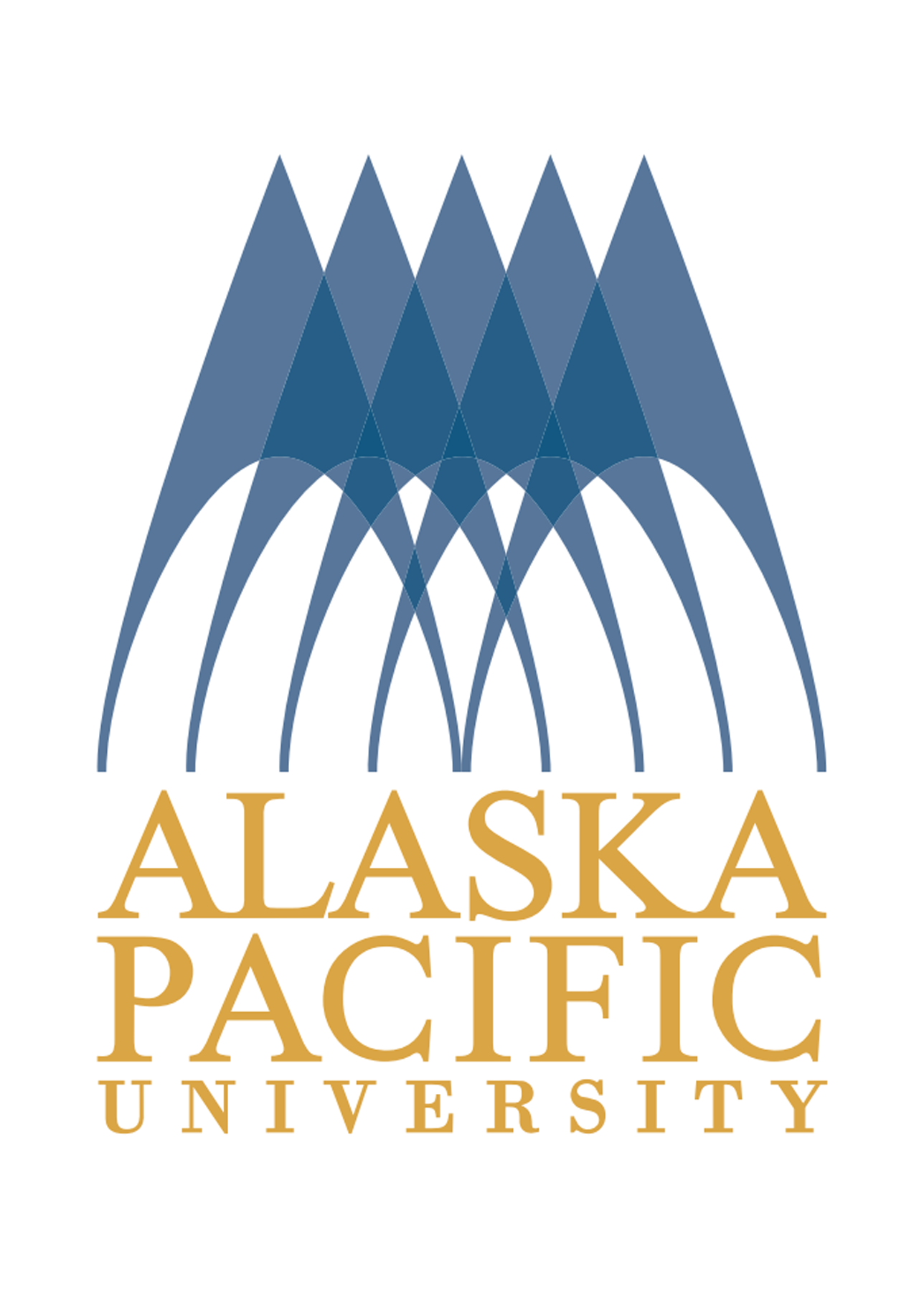
In-state: $20,350
Out-of-state: $20,350
In-state: $11,700
Out-of-state: $11,700
SAT: N/A
ACT: N/A
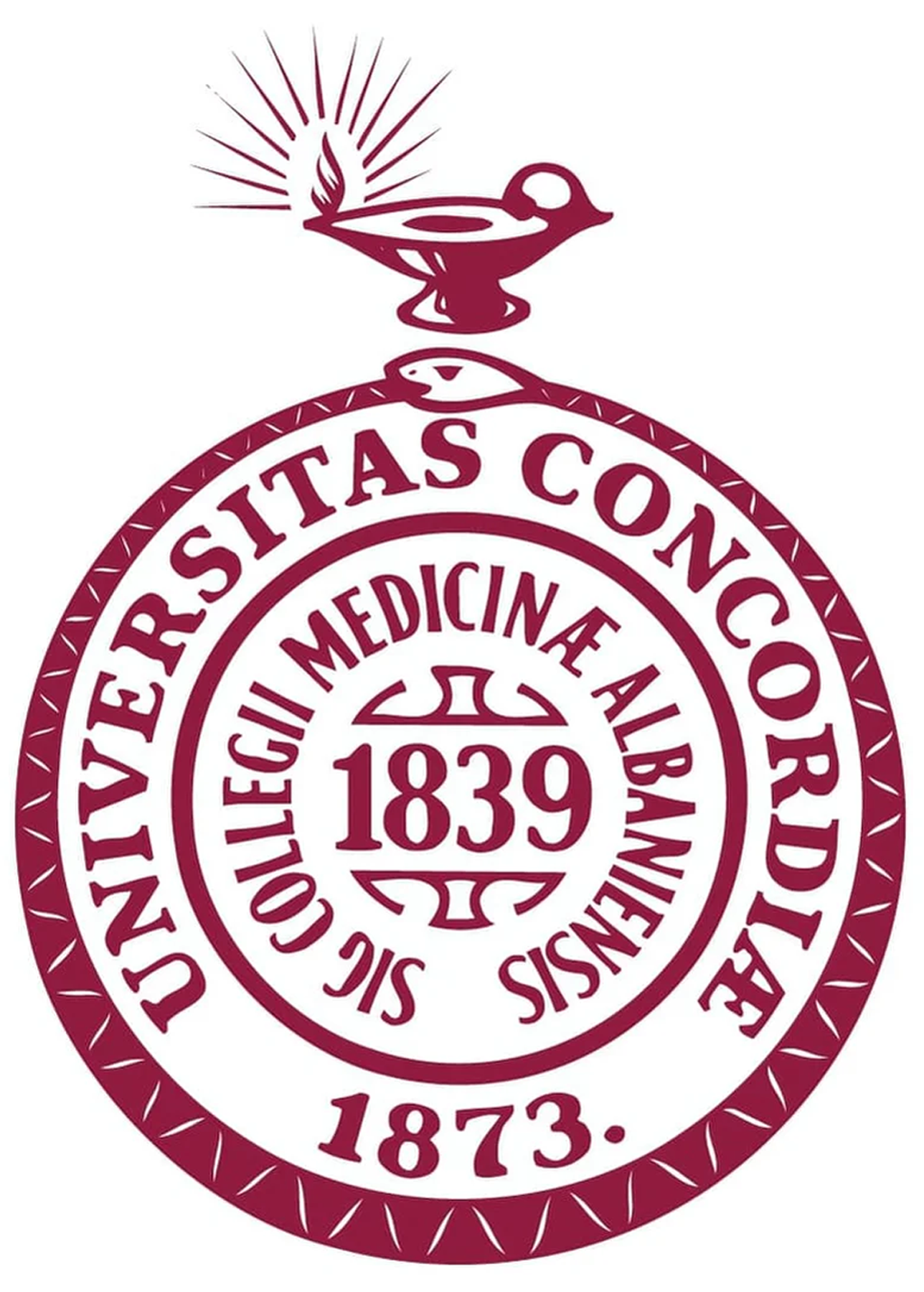
Albany Medical College
In-state: NA
Out-of-state: NA
In-state: NA
Out-of-state: NA
SAT: N/A
ACT: N/A
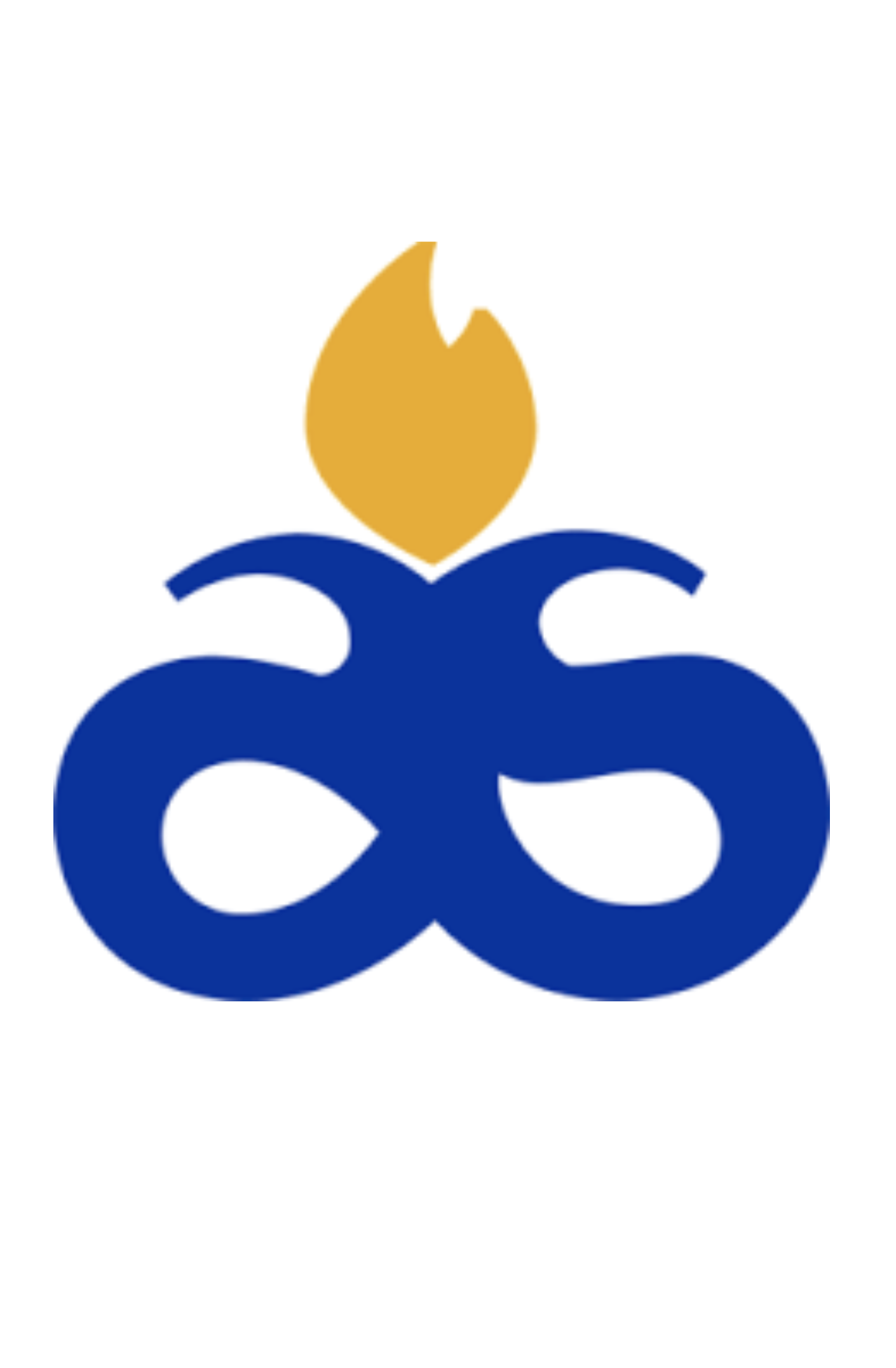
In-state: $4,064
Out-of-state: $14,786
In-state: $3,438
Out-of-state: $3,438
SAT: 740-900
ACT: 15-18
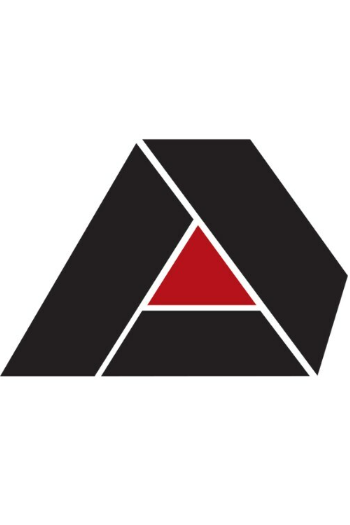
In-state: $17,113
Out-of-state: $19,513
In-state: NA
Out-of-state: NA
SAT: N/A
ACT: N/A
What You Should Know About Online Colleges
“Attending an online college can be a convenient and flexible way to pursue higher education,” says Blanca Villagomez, a program coordinator and counselor at UC Irvine. “However, it’s important to carefully research and evaluate the institution and program you’re considering to ensure that it meets your needs and will be recognized by employers or other educational institutions.”
With this in mind, there are a few things prospective students must be aware of when considering enrolling in an online college.
Accreditation
This list includes only accredited online schools because of how important accreditation is to the quality of the educational experience it provides students. There are two types of accreditation for U.S. colleges — regional and national. A regionally accredited college is typically nonprofit and may be public or private. Nationally accredited schools are typically for-profit and private institutions.
Regional accreditation is the more widely recognized accreditation type, with rigorous standards for academic quality. Employers typically seek out job candidates from regionally accredited schools. In some professions, like teaching, students must have a degree from a regionally accredited institution to be eligible for necessary licenses and credentials.
Accreditation also matters when it comes to transferring schools or pursuing advanced study. Regionally accredited schools only accept online degrees from other regionally accredited schools, not nationally accredited schools. This can limit future educational options for online students who earn an undergraduate degree at a nationally-accredited school.
There are also financial implications to consider. While nationally-accredited schools may have lower tuition than regionally-accredited schools, their online programs may not be eligible for the full range of student financial aid options. Additionally, the limitations of online degrees from nationally-accredited schools in the job market may impact students’ future earnings and employment opportunities.
Most online schools include their accreditation status in their marketing materials, but if you need more clarification, you can check the U.S. Department of Education’s database.
Nonprofit vs. for-profit status
Like accreditation, a school’s status as a nonprofit or for-profit also impacts the quality of online education, future employment opportunities, and financial aid eligibility.
The majority of higher education institutions in the U.S. are nonprofit. This status is considered the standard-bearer for post-secondary education since, by definition, they can’t turn a profit. Instead, they must reinvest all revenue into the school via faculty and staff salaries, infrastructure, student services, and more.
As the name implies, for-profit schools are designed to make money. As such, they can use revenue to pay shareholders, executives, and investors rather than invest revenue in the school, which can impact the quality of programs and infrastructure.
Residency requirements
While online programs may advertise the ability to learn from anywhere, that might not always be possible. Restrictions in the U.S. may prevent college students from attending school in a specific state or pursuing a specific degree program. In order to grant degrees to prospective students living in different states, institutions must be authorized by those states to award degrees to their residents. Otherwise, out-of-state students are ineligible for enrollment. To make learning across state borders easier, over 2,300 institutions throughout 49 states, Washington D.C., Puerto Rico, and the U.S. Virgin Islands participate in the National Council for State Authorization Reciprocity Agreements (NC-SARA), ensuring their distance education programs are authorized to operate and grant degrees in multiple states.
A student’s area of study can also impact where they earn their online degree. For those pursuing teaching degrees, there are certification requirements that vary by state and may dictate that a student earn their online degree in the state in which they plan to teach. When exploring online colleges and programs, it’s important to keep this type of career-specific information in mind.
Online program availability
As with residency requirements, the ability to complete a program entirely online may come with some restrictions. Although there are many online degree programs that students can complete without ever leaving their homes, others may have components that require in-person attendance, either on campus or at another site. Online programs offered by colleges with brick-and-mortar campuses may be taught in a hybrid or blended format, with some online and some in-person classes. Other online programs, like nursing, counseling, or teaching, require students to gain experience in the field through internships or clinical rotations, which they may need to complete in person.
Avoiding online college scams
The rise of online education has led to many benefits for college students. However, there are also downsides, including scams like diploma mills, which are more concerned with turning a profit than providing quality education. Online marketing may make these schools look legitimate, so it’s on students to be savvy and know the warning signs of a scam college. These include:
- Lack of accreditation or accreditation by organizations that the U.S. Department of Education doesn’t recognize.
- An unrealistic time frame for earning an online degree. For example, earning a bachelor’s degree, which typically takes a minimum of four years, in a few months.
- A name that is very similar to a well-known, accredited institution. For example, San Francisco University is unaccredited, whereas San Francisco State University and the University of San Francisco are accredited, reputable institutions.
- Tuition paid on a per-degree basis or offering discounts for enrolling in multiple online degree programs. Accredited institutions charge on a per-credit or per-term basis.
- Lack of interaction with professors.
- A P.O. Box or suite number in place of a physical street address.
How to Choose the Best Online College for You
Step 1: Determine which online learning option works for you
Online programs can be delivered in a few different ways. Some are synchronous, meaning prospective students must attend online classes at designated days and times, as they would if they were in an in-person program. Others are asynchronous, meaning there are no set class times, and online students can access lessons and complete assignments on their own schedules. Some online programs may deliver courses through a combination of synchronous and asynchronous classes.
Both delivery methods have their advantages and disadvantages, so it’s important to understand your needs and learning habits to choose the type of online program that’s right for you.
Asynchronous programs are the most flexible, which may be ideal for individuals balancing other responsibilities like full-time jobs and childcare. However, because there’s less oversight from faculty, online students must be comfortable working independently and have good time management and organization skills to succeed.
Synchronous programs offer more real-time interaction with faculty and peers, so this might be a better option if you’ll need help staying focused and accountable. However, you will have to attend online classes according to a predetermined schedule.
Step 2: Select your major
Knowing what you want to study will help you choose the online program that’s right for you. Identifying your intended major requires research and self-reflection, says Villagomez.
“Consider what you’re passionate about learning, what your long-term career goals are, and how a degree will help you achieve them,” she says. “There are many ways to explore your interests, including taking classes in a variety of subjects, participating in internships, joining student clubs or volunteer organizations, and networking with individuals in jobs that appeal to you.”
Step 3: Set your parameters
Your intended major and course delivery method are two key parameters that will help you narrow your search of potential online colleges. As you explore your options, you can set other parameters to help you find an online school that will meet your needs and wants.
These parameters can include:
- Public versus private institution
- Tuition cost
- Scholarship availability
- Full-time versus part-time attendance
- Student support services
- School reputation and ranking
- Faculty
- Extracurricular activities
Step 4: Research programs
There are many ways to gather information about online colleges, including visiting the school’s website and social media platforms, contacting admissions representatives, and requesting digital or print admissions materials.
“Whenever possible, attend virtual informational sessions to gain a better sense of the program and the school,” says Villagomez. “This can help you get a feel for the culture and community at the university and determine if it is a good fit for you.”
Villagomez also reminds online students that they don’t have to go through this process alone. “As you conduct your research, keep track of your findings and consult with a trusted teacher, school counselor, or mentor to help you understand your options,” she says. “They can provide valuable guidance and recommendations on how to choose the right fit.”
How to Apply to Online College
The application process for an online college will vary based on the individual school, program, and type of degree. When conducting your research, review the admissions qualifications for the school and the specific program you’re considering. Also, be mindful of deadlines, as missing cutoff dates for sending applications and materials can impact your admissions chances.
It’s also important to remember that most online programs charge application fees. The average application fee is $45, which can add up depending on how many applications you’re submitting. To offset these costs, online students should determine if they’re eligible for fee waivers from organizations like the College Board or the Common Application.
Typical Online College Application Requirements
Official high school transcripts
This is a standard requirement for first-time college students applying to associate or bachelor’s degree programs. Transcripts should be sent directly from your high school to the college’s admissions department.
Official college transcripts
A standard requirement for students who have college credits and are transferring to a different school, or who are applying to a graduate degree program after receiving an undergraduate degree. Transcripts should be sent directly from your college to the new school’s admissions department.
Letters of recommendation
Request recommendations from individuals who know you well, can speak to any abilities or qualities relevant to your intended online program, and will take the time to write a substantial, thoughtful reference.
Personal statement
Give yourself ample time to write your essays, and have a trusted counselor or instructor review them for clarity, length, grammar, and spelling before submitting.
Standardized test scores
For undergraduate students, the most common standardized tests are the SAT and ACT. The most widely-used standardized tests for graduate students are the GRE and GMAT. However, online students should note that, following the disruptions caused by the COVID-19 pandemic, more colleges are adopting test-optional policies.
How to Get Financial Aid for Online College
The process for getting financial aid for online college is very similar to the financial aid process for brick-and-mortar schools.
College students should start by completing the Free Application for Federal Student Aid, or FAFSA, which schools use to determine eligibility for federal student loans, work-study jobs, and need-based scholarships and grants. Individual states or schools may have additional applications that students need to complete to be considered for the full range of financial aid options. Consult with your school’s financial aid office to ensure you’re completing all the necessary steps for financial aid consideration.
Unlike loans, most online programs offer need- and merit-based scholarships and grants, which are preferred financial aid options because they do not require repayment. Online students should also research scholarships from outside sources like businesses, nonprofits, community groups, and religious organizations. Students can utilize scholarship databases to find award opportunities based on factors like their intended major, race/ethnicity, or student status.
Students who are currently employed or plan on working while attending school online should also research whether their employer offers tuition assistance benefits. This type of financial aid may look different based on the company offering it, but it typically consists of an employer reimbursing an employee for successfully completing college courses. The provision of tuition assistance to employees is becoming increasingly common.
Frequently Asked Questions About Online Colleges
How much does online college cost?
Multiple factors influence how much it costs to attend an online college.
Public universities tend to charge lower tuition than private institutions, although in-state students typically pay less than out-of-state students. For example, in the 2020-21 academic year, the average annual undergraduate tuition and fees at public universities was $9,375 for in-state students and $27,091 for out-of-state students. The average tuition and fees at private schools, which charge the same regardless of student residency status, was $32,764. However, for online students, some public colleges charge the same tuition, regardless of where students live.
Degree level also impacts program cost. In the 2020-21 academic year, the average annual tuition for graduate degree programs was $12,394 at public universities and $26,621 at private institutions.
However, by attending college online, students can cut down on associated costs like room and board, transportation, and campus activities fees. Online students should be sure to budget for tech-related expenses, like a computer, webcam, microphone, and reliable internet access.
How long does it take to earn an online degree?
The length of time it takes to earn an online degree largely depends on the type of degree that you’re earning:
- Associate degrees: Minimum of 60 credits; typically take at least two years of full-time study to complete.
- Bachelor’s degrees: Minimum of 120 credits; typically take at least four years of full-time study to complete.
- Master’s degrees: Minimum of 30 credits; typically take at least one year of full-time study to complete.
- Doctoral (Ph.D.) degrees: Require 60-120 credits. Program duration varies based on dissertation and research requirements, but Ph.D. programs typically take a minimum of three years to complete.
Because of the flexibility of online learning, many online colleges offer accelerated programs that can be completed in shorter time frames. This can include degree completion programs, which allow online students to maximize previously earned credits and earn a bachelor’s degree in as few semesters as possible, and accelerated programs that offer complete programs in a compressed timeline.
A student’s enrollment status also affects how quickly they earn their online degree. Students who enroll part-time typically take longer to complete their online programs since they take fewer classes each term, but they still need to reach the minimum number of credits their degree requires.
Do employers respect online colleges?
“Every industry and employer will value online education differently, but most are very accepting of degrees from online colleges as long as there’s proof of accreditation,” Villagomez says. The COVID-19 pandemic accelerated trends toward a wider acceptance of online colleges and degrees, with 75% of students enrolling in online classes during lockdowns.
To understand how potential employers view candidates who attend college online, Villagomez encourages students to conduct informational interviews with employers or professionals in their intended field to understand their perceptions of online learning.
Is attending an online college worth it?
From a financial and career perspective, there are several benefits to earning a degree, whether it’s from an online college or a brick-and-mortar institution.
For example, the more education an individual has, the more they’re likely to earn. Individuals with college degrees also experience lower unemployment rates than those without higher education experience. One contributing factor is that many jobs in fast-growing fields, such as chemical engineers, marketing managers, computer and IT managers, and health services managers, require a degree.
However, Villagomez points out, “The value of attending an online college depends on various factors, including the reputation of the school and the program, student support services, the degree’s accreditation, and the specific career or educational path students are pursuing.”
She adds, “Earning a degree online can be a very rewarding experience for those seeking to advance their career in a flexible, accessible way. But the return on investment ultimately depends on a student’s personal needs, educational goals, and potential career outcomes.”
To help them make smart choices, Villagomez recommends that students consult an admissions counselor or trusted mentor to find the online learning program that best suits their needs and goals.
Other Online College Rankings
- Best Free Online Colleges
- Most Affordable Online Colleges
- Best Online Colleges for Veterans
- Best Online Colleges for Women
- Best Online Colleges for Working Adults
- Best Online Colleges with Lowest Out-of-State Tuition
- Best Online Colleges with Open Admissions
- Best Online Trade Schools
- Best Self-Paced Online Colleges
- Best Schools for Artificial Intelligence
- Best Online Nutrition Degree Programs
- Best Online Bachelor’s in Biology Programs
- Best Online Bachelor’s in Graphic Design Programs
- Best Online Graduate Certificate in Marketing Programs
- Top Online Master’s in Digital Marketing Degree Programs
- Best Online Master’s in Cybersecurity Degree Programs
- Best Online Master’s in Public Health Programs
- Best Online PhD Programs in Applied Behavior Analysis
- Catholic Colleges
- Christian Colleges
- Hardest Colleges to Get In To
- HBCUs (Historically Black Colleges & Universities)
- Most Affordable Online Master’s Degree Programs
- Most Affordable Online Master’s in Accounting Programs
- Most Popular Online Bachelor’s in Business Degree Programs
- Best Free Online Ph.D. Programs
- Scholarships and Financial Aid for Students with Disabilities
- Step-By-Step Guide To Studying in the U.S. for International Students
Frequently Asked Questions
- How Does Online College Accreditation Work?
- How Does Online College Work?
- How Much Is Tuition For Online Colleges?
- How To Apply For Online College?
- Is an Accelerated Degree Program Right for Me?
- Is Online College Cheaper?
- Private vs. Public Colleges: What’s the Difference?
- The Public Ivies, Little Ivies, and Other Ivy League Equivalents
- What Is a Bachelor of Business Administration?
- What Is an Accelerated Degree Program?

